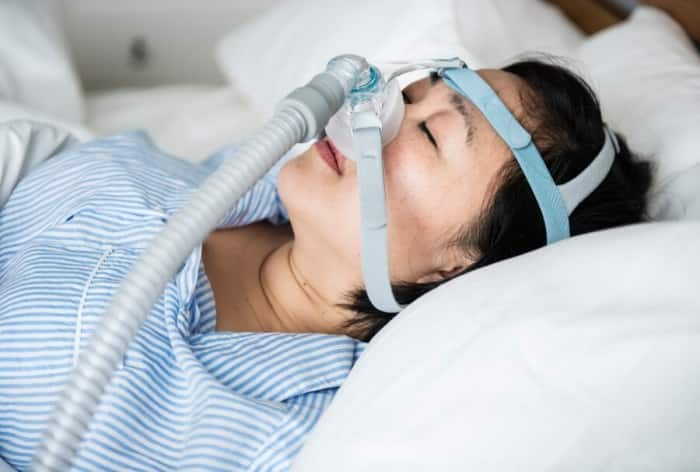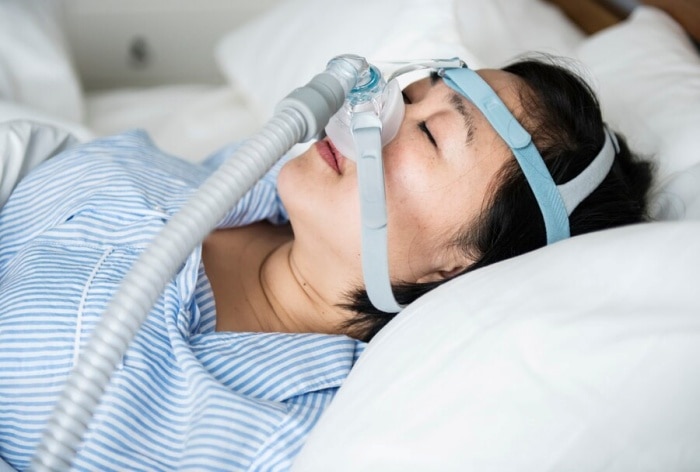A recent study concluded that people suffering from sleep apnea maybe at risk of memory loss.

People suffering from sleep apnoea -serious sleep disorder where breathing repeatedly stops and starts – are more prone to memory or thinking problems, according to a preliminary study. The study, to be presented at the American Academy of Neurology’s 76th Annual Meeting taking place in April, just shows an association and does not claim that sleep apnea causes cognitive decline.
During sleep apnoea, people repeatedly take pauses in breathing, as well as snort and gasp — all while in sleep. This lowers blood oxygen levels, making the condition potentially fatal.
The researchers showed that morning headaches or trouble focusing on tasks are more common among the people with the disorder.
“Sleep apnoea is a common disorder that is often underdiagnosed, yet treatments are available,” said Dominique Low, of Boston Medical Center in Massachusetts, US.
“Our study found participants who had sleep apnea symptoms had greater odds of having memory or thinking problems,” he added.
The study involved 4,257 people, who completed a questionnaire asking about sleep quality as well as memory and thinking problems.
While 1,079 reported sleep apnoea symptoms such as snorting, gasping or breathing pauses in sleep, 357 people, or 33 per cent, reported memory or thinking problems compared to 628 people, or 20 per cent of people without the symptoms.
Further, the team found that people with the symptoms were about 50 per cent more likely to also report having memory or thinking problems compared to people without it.
“These findings highlight the importance of early screening for sleep apnea,” said Low. “Effective treatments like continuous positive airway pressure (CPAP) machines are readily available. Quality sleep, along with eating a healthy diet, regular exercise, social engagement and cognitive stimulation, may ultimately reduce a person’s risk of thinking and memory problems, improving their quality of life.”
The researchers also acknowledged limitations of the study including that the data was sourced from one survey and participants reported their symptoms instead of being assessed by medical professionals.

